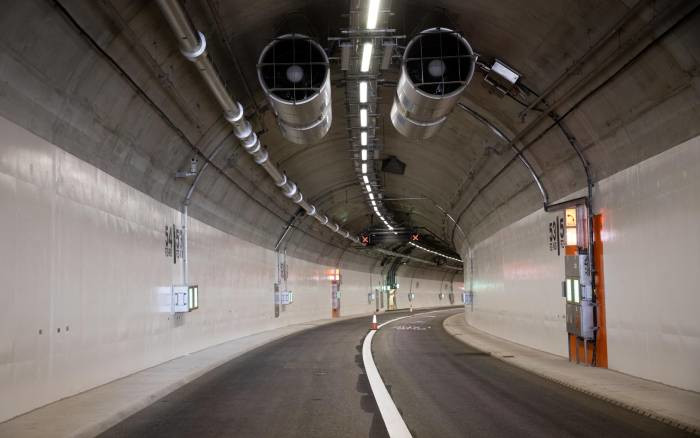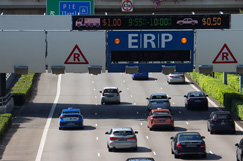Hertfordshire road maintenance plans agreed
The highways works programme for 2017/18 has been agreed by Hertfordshire County Council’s Cabinet covering the key targets for maintenance and improvement of its roads.Hertfordshire is one of the busiest counties in the country with more than 3,000 miles of roads supporting millions of car journeys and almost three times the national average of lorries travelling through the county.The council says that the challenge to keep improving the condition of the roads is complex because they are so well used and they naturally deteriorate.Terry Douris, Cabinet Member for Highways, said, “Hertfordshire’s highways carry a great amount of traffic, both private and commercial vehicles, as well as cyclists and pedestrians. We share our residents’ views that well-maintained roads and footpaths are important to everyone using them.“We have a commitment to providing a strong, resilient and successful economy supported by an efficient and reliable transport network with appropriate infrastructure. It is therefore crucial for us to ensure that our resources are used efficiently and effectively.”The programme for 2017/18 (the Highway Integrated Works Programme) was approved, along with the first draft of the proposed works for 2018/19 (the Forward Works Programme). Both these programmes are developed over a 12-month period to deliver key targets for the maintenance and improvement of the highway network.The Cabinet decision is the culmination of a process of technical assessment, engineering investigation and consultation with local county councillors for the 2017/18 programme.The Integrated Works Programme covers a full range of maintenance and improvement schemes that Hertfordshire Highways undertakes each year, not just on roads but also on pavements, streetlights, bridges and many other aspects of highways maintenance.The works are prioritised in a number of ways. For maintenance works we include a combination of roads – both those that are in a very poor state and those that need preventative repair work to avoid deterioration in future – while improvement schemes take into account factors like reducing accidents and tackling congestion.The works programme is 'integrated' because, once we have established priorities, we look to see how those schemes can best be delivered together to increase efficiency and reduce disruption on the roads.































